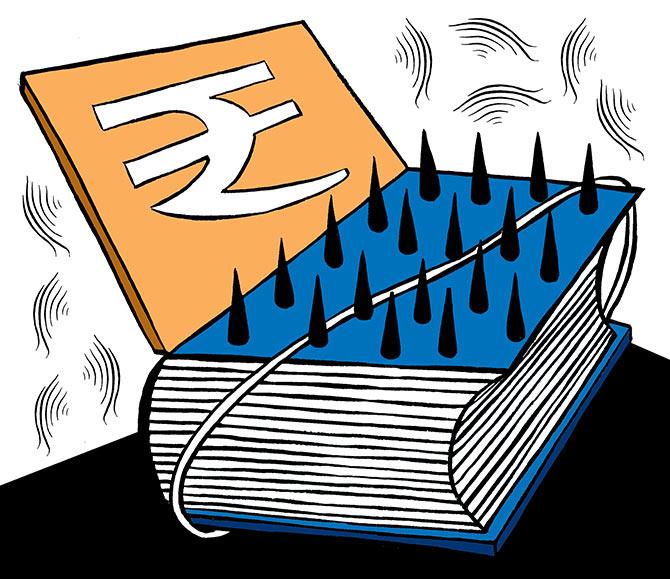E-commerce companies that fall within the scope of the equalisation levy include Adobe, Uber, Udemy, Zoom.us, Expedia, Alibaba, Ikea, LinkedIn, Spotify, and eBay.

The equalisation levy or the so-called Google tax showed muted collections in the first quarter (Q1) of the current financial year, despite its expansion to e-commerce companies.
The yield declined 30 per cent after the first instalment deadline ended on Tuesday, compared to the same period last year, revealed preliminary collection figures.
As on Tuesday, Rs 216 crore had been collected, against Rs 309 crore mopped up in the same period last year, said sources.
Bengaluru and Hyderabad jurisdictions reported Rs 92 crore of collections each, compared to Rs 174 crore and Rs 89 crore, respectively, in the first quarter of the previous year.
Mumbai and Delhi posted a combined collection of Rs 23 crore, compared to Rs 35 crore as of July 7 in the previous year.
There is a possibility of some upward revision in the number based on last-minute payments by foreign players, they added.
E-commerce companies that fall within the scope of the equalisation levy include Adobe, Uber, Udemy, Zoom.us, Expedia, Alibaba, Ikea, LinkedIn, Spotify, and eBay.
Several MNCs expressed their inability to comply with the stiff timeline as the government amended the payment form barely three days prior to the deadline.
Besides, there was lack of clarity on several issues, including foreign exchange conversion rates to be used for payment and obtaining permanent account number (PAN).
Also, the companies sought clarity over determination of value of consideration for applicability of the levy.
Companies and consultants are still hopeful of an interest waiver or late fees.
Late payment of the equalisation levy attracts interest of 1 per cent per month, and penal consequences of up to the value of the equalisation levy could be imposed.
Through modification of the equalisation levy form, the government made PAN mandatory for payment, causing hardship to several taxpayers.
The government through the Finance Act, 2020, imposed 2 per cent digital tax on trade and services by non-resident e-commerce operators with a turnover of over Rs 2 crore, expanding the scope of the equalisation levy.
The levy only applied to digital advertising services at the rate of 6 per cent till 2019-20.
The new levy came into effect from April 1 this year.
On Tuesday, Reuters reported that the US-India strategic partnership forum, representing US tech giants, urged the finance ministry to defer the tax, expressing inability of its members to make payment in view of practical difficulties, ambiguities, and interpretational concerns.
The expansion of the levy to e-commerce operators has invited Section 301 investigation by the US, which has termed the tax ‘discriminatory’ against American companies.












 © 2025
© 2025